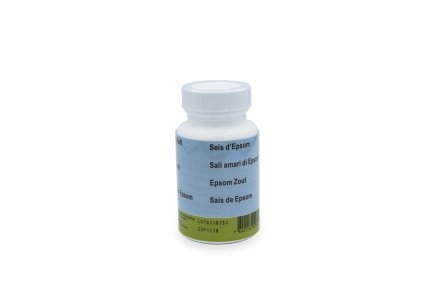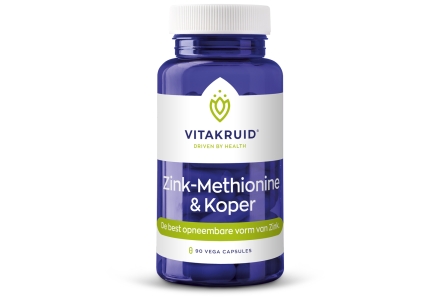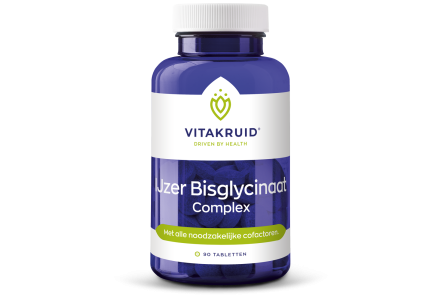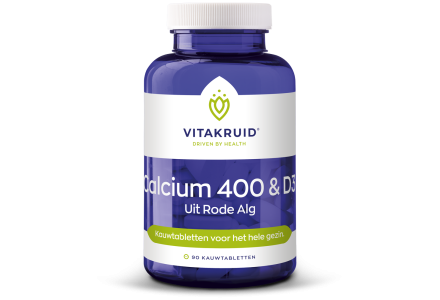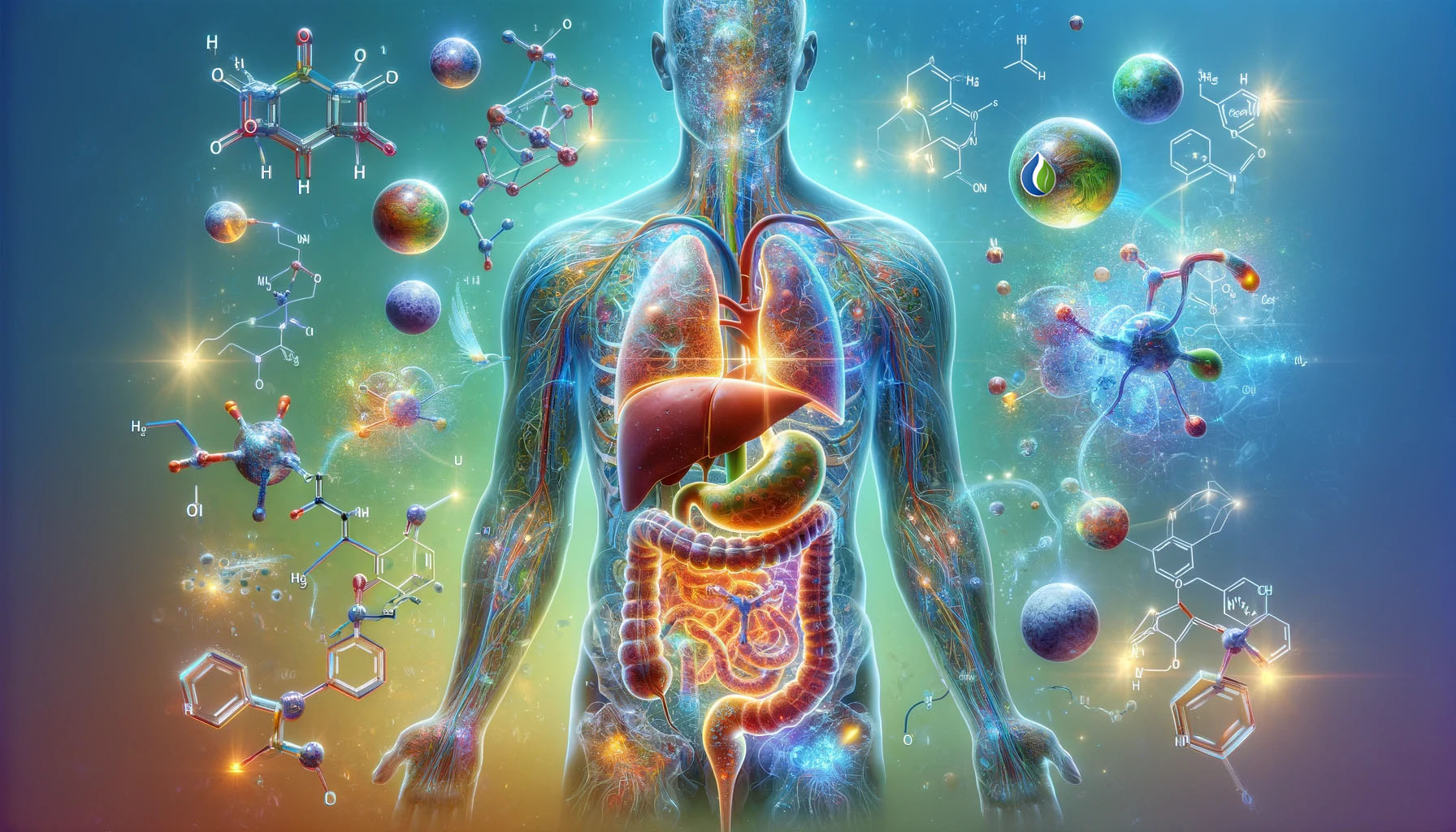
Minerals are essential nutrients that play a crucial role in maintaining the health and well-being of the human body. Although they are required in smaller quantities than, for example, vitamins, minerals are invaluable for the optimal functioning of various biological processes. In this extensive blog, we will delve deep into the most important minerals for the human body and why they are so vital. We will also discuss the dietary sources of these minerals and provide some useful tips to optimize your mineral intake.
What Are Minerals and Why Are They Important?
Minerals are inorganic nutrients that our body needs for numerous functions. They are essential for growth, development, maintaining a healthy metabolism, and supporting various physiological processes. Unlike carbohydrates, fats, and proteins, minerals do not provide energy, but they are indispensable for the proper functioning of our body.
Minerals are divided into two categories: macrominerals and trace minerals. Macrominerals are found in larger quantities in the body and include calcium, iron, magnesium, zinc, and potassium. Trace minerals are needed in smaller quantities but are equally important; iodine is an example of a trace mineral.
Calcium – For Bones and More
Calcium is perhaps one of the most well-known minerals, especially for its crucial role in building and maintaining strong bones and teeth. However, calcium also has other important functions in the body, such as supporting muscle contractions, nerve transmission, blood clotting, and regulating blood pressure.
Iron – Essential for Energy and Oxygen Transport
Iron is an essential mineral for the body as it is involved in the transport of oxygen in the blood. It is a part of hemoglobin, a protein in red blood cells that binds to oxygen and transports it to tissues and organs. Iron also plays a role in energy production and the immune system.
Magnesium – Supporting Muscles, Nerves, and More
Magnesium is a versatile mineral involved in over 300 enzymatic reactions in the body. It is vital for muscle function, nerve conduction, protein synthesis, and maintaining a healthy heart. Magnesium also helps regulate blood pressure and stabilize blood sugar levels.
Zinc – Crucial for Immunity and Cell Growth
Zinc is essential for a healthy immune system and plays a significant role in cell growth, wound healing, DNA synthesis, and the sensory perception of taste and smell. Adequate zinc levels are crucial for fighting infections and protecting the body against diseases.
Potassium – Important for Heart Health and Electrolyte Balance
Potassium is a mineral that regulates electrolyte balance in the body, which is vital for normal heart function and maintaining stable blood pressure. It also assists in muscle contractions and nerve transmission.
Trace Minerals – Small Amounts, Big Impact
Trace minerals are minerals that the body requires in much smaller amounts, but they still have a significant impact on health. One of the most important trace minerals is iodine, which plays a crucial role in regulating thyroid function and the production of thyroid hormones.
Dietary Sources of Essential Minerals
Now that we have an overview of the key minerals and their functions in the body, let's take a look at the dietary sources from which we can obtain these minerals. A balanced diet is essential to ensure that you get an adequate intake of these minerals.
Calcium-Rich Foods
- Dairy products such as milk, cheese, and yogurt
- Leafy green vegetables such as kale and broccoli
- Sardines with bones
- Almonds and sesame seeds
- Fortified plant-based milk and fruit juices
Iron-Rich Foods
- Red meat such as beef and lamb
- Poultry
- Fish, especially tuna and salmon
- Legumes like beans and lentils
- Dark leafy greens
- Whole grains and fortified cereals
Magnesium-Rich Foods
- Nuts like almonds, cashews, and peanuts
- Seeds such as pumpkin seeds and sunflower seeds
- Whole grains like whole wheat bread and brown rice
- Leafy green vegetables like spinach and kale
- Avocados and bananas
- Fish such as salmon and mackerel
Zinc-Rich Foods
- Red meat
- Poultry
- Fish like salmon and shrimp
- Dairy products
- Nuts and seeds
- Whole grains and legumes
Potassium-Rich Foods
- Bananas
- Potatoes
- Sweet potatoes
- Spinach and kale
- Tomatoes and tomato juice
- Melons and oranges
- Fish like salmon and cod
Iodine-Rich Foods
- Iodized salt
- Seaweed and seaweed products
- Fish and shellfish like cod, tuna, and shrimp
- Dairy products
It is important to note that the availability of minerals in foods can vary depending on factors such as soil quality and preparation methods. Therefore, it is wise to follow a varied diet to ensure that you get an adequate intake of each mineral.
Tips for Optimizing Mineral Intake
To optimize your mineral intake, consider the following tips:
Eat a varied diet: Ensure that your meals include a wide range of foods to obtain different minerals.
Know what you're eating: Learn which foods are rich in specific minerals and incorporate them into your diet.
Use herbs and spices: Some herbs and spices, such as basil and oregano, also contain minerals and can enrich your meals.
Avoid excessive processed foods: Processed foods often contain high levels of salt and can increase your sodium intake, which may disrupt electrolyte balance.
Cook with healthy methods: Cooking, steaming, or roasting food generally preserves more minerals than frying.
Consider supplements: If you struggle to obtain enough minerals from food, consult your doctor about taking supplements.
FAQ
What are the most essential minerals for the human body?
The most essential minerals for the human body are calcium, iron, magnesium, zinc, potassium, and iodine. These minerals are vital for good health and play various crucial roles in the body.
How do I know if I have a mineral deficiency?
A mineral deficiency can cause various symptoms depending on the specific mineral that is lacking. Symptoms can range from fatigue and muscle cramps to hair loss and immune problems. If you suspect you have a mineral deficiency, it is advisable to consult a doctor and consider undergoing blood tests to check your mineral levels.
What can I do if I have a mineral deficiency?
If you have a mineral deficiency, your doctor may recommend adjusting your diet to consume more foods rich in the deficient mineral. In some cases, your doctor may also prescribe mineral supplements to replenish the deficiency. It is important to follow your doctor's recommendations and not experiment with supplements on your own.
Conclusion
Minerals are indispensable nutrients that play a critical role in maintaining good health and well-being. They are involved in numerous physiological processes and are essential for normal growth, development, and functioning of the human body. By following a balanced diet and being aware of the dietary sources of essential minerals, you can ensure that you obtain an adequate intake of these vital nutrients.
Meditech Europe is ready to advise and assist you with your health needs. Please feel free to contact us at info@meditecheurope.nl or call us at +31527 292 331 for more information about our products and services. Your health is our priority, and we are here to support you on your journey to a healthier life.
